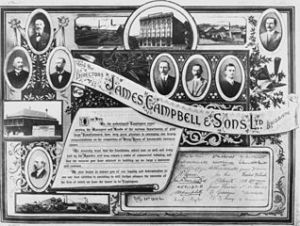With college tuition coming due, families should consider tax efficient ways to pay for these expenses. Grandparents who wish to help their children with tuition costs can take advantage of some special gift tax breaks.
Grandparents have the usual annual present interest gift tax exclusion (now $14,000) and a lifetime exclusion (now $5,340,000). When a spouse joins in the gift (the called “spousal joinder”), these amounts double .
But these are not the only tax breaks available to a grandparent who wants to help the family. In addition, grandparents have an unlimited gift tax exemption for amounts paid for tuition. By using this special educational exclusion, such payments do not count against the annual gift tax or lifetime exclusions.
Here are the basic rules to qualifying these gifts for such unlimited educational exemption:
Unlimited Exclusion For Tuition Only
This exclusion from the gift tax for gifts of tuition is unlimited in amount. However, the scope of the exclusion applies to tuition only.
Books, Supplies and Other Items Not Covered
There is no exclusion for amounts paid for the following:
- Board or other similar expenses that are not direct tuition costs.
- Books
- Supplies
- Laboratory fees
- Dormitory fees
See Treasury Regulations 25.2503-6(b)(2) for more details.
While Only Tuition Qualifies, This Educational Exemption Can Be For Part-Time or Full-Time Tuition
The gift tax is not imposed on amounts paid as tuition for a student to a qualifying domestic or foreign educational organization for the education or training of such person. See Code Section 2503(e)(1) and (2)(A).
Tuition payments for the student qualify where enrollment is part-time or full-time.
Qualifying Educational Organization
A qualifying educational organization is one which:
- Normally maintains a regular faculty and curriculum and
- Normally has a regularly enrolled body of students in attendance at the place where its educational activities are regularly carried on.
See Code Section 170(b)(1)(A)(ii) and Treasury Regulation 25.2503-6(b)(2).
Direct Payment of Tuition to Educational Organization
The tuition payment must be made directly to the educational organization to qualify for this exclusion.
Critical Point:
Neither a payment to the student for delivery to the organization nor a payment Continue reading






















